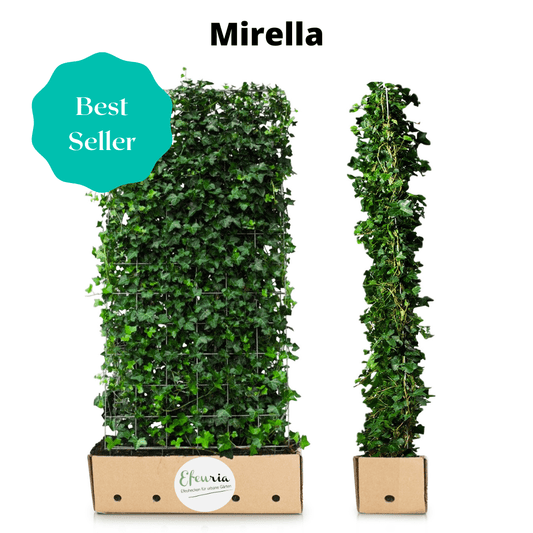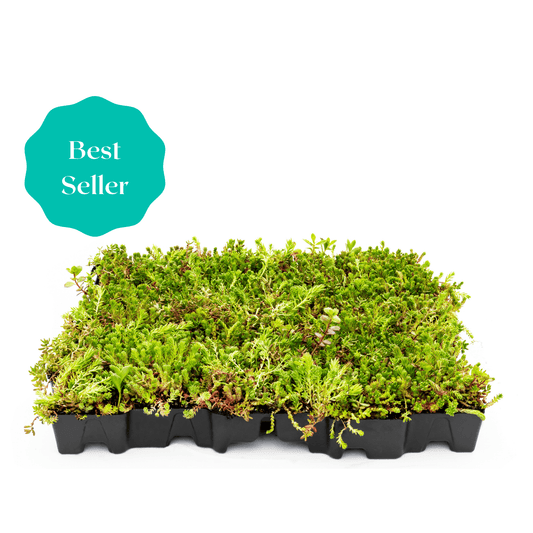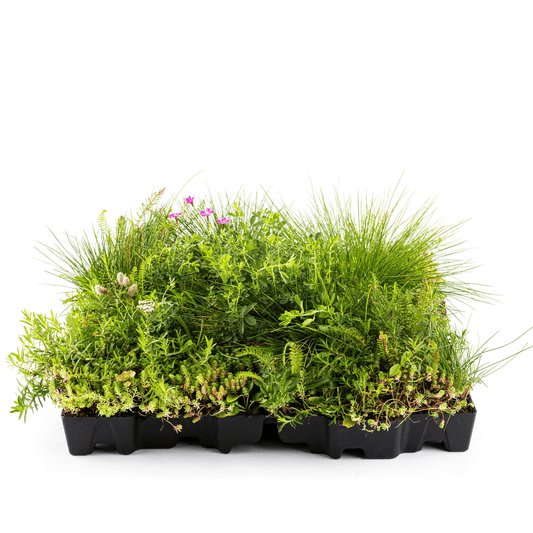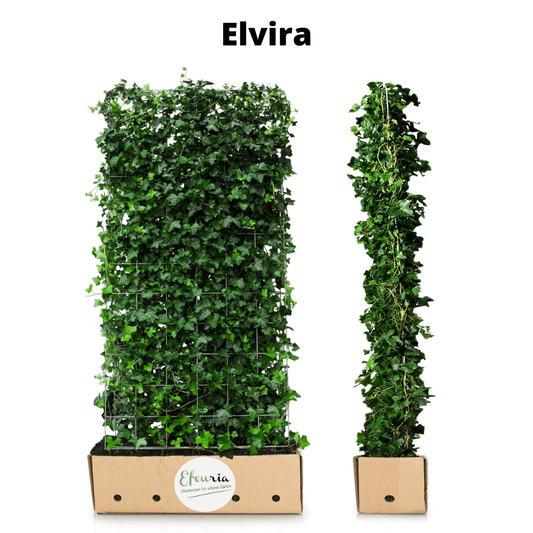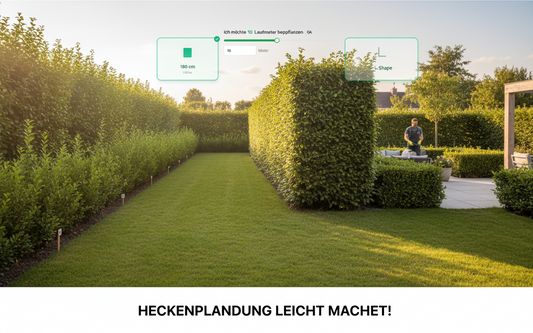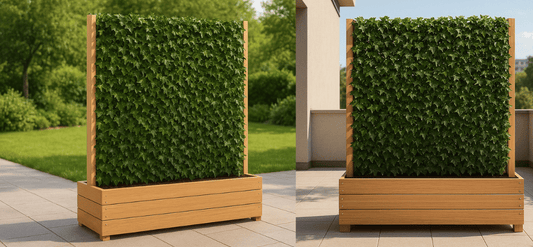
From cherry laurel to ivy hedges: Your hedge overview for 2025
Welcome to our latest blog post! If you're looking to enhance your garden, create more privacy, or modernize your space, you'll find the right information here.
Why garden hedges are so popular in Germany
Hedges are ubiquitous in German gardens. They provide privacy, protect from wind, and add structure and character to any property. Whether evergreen for year-round privacy or deciduous for a natural look – the choice is vast. Our analysis is based on sales data from online platforms such as Amazon.de, recommendations from nurseries, and specialist articles from 2025 to present you with the latest trends.
The top hedge plants in Germany 2025
After extensive research, we have identified the most popular hedge plants that German gardeners prefer in 2025. Here are the favorites:
| plant | Characteristics | Advantages | popularity |
|---|---|---|---|
| Cherry laurel | Evergreen, dark green, fast growing | Year-round privacy screen, easy to maintain | Very high, especially in front gardens |
| Thuja | Evergreen, dense, frost-hardy | Minimal maintenance, decorative | Very tall, ideal for formal hedges |
| Privet | Semi-evergreen, malleable, robust | Versatile, easy to cut | Tall, often in rural gardens |
| yew | Evergreen, dark green, slow growing | Durable, formally suitable | High, in historic gardens |
| Hornbeam | Deciduous, dense in summer | Ecologically valuable, attractive foliage | High, in natural gardens |
These classics dominate the market, and for good reason: They are robust, adaptable, and meet the needs of most gardeners. Cherry laurel and thuja are at the forefront, as they provide quick privacy and require little maintenance.
Other popular hedge plants
In addition to the top favorites, there are other hedges that will be frequently planted in Germany in 2025. These offer variety and are suitable for specific requirements:
European beech : Deciduous with glossy leaves, particularly decorative in autumn.
Cotoneaster : Evergreen with red new shoots, a real eye-catcher in modern gardens.
These plants are becoming increasingly important, especially in new housing developments and among gardeners who value aesthetics.
Ready-made ivy hedges: The modern alternative
A trend that will gain momentum in 2025 is pre-grown ivy hedges . These pre-grown hedges made of ivy (usually Hedera helix or Hedera hibernica) are grown on trellises and provide instant privacy – ideal for those who don't want to wait years for a dense hedge. They are space-saving, can be planted year-round, and are easy to trim, making them particularly popular in urban gardens.
| criterion | Traditional hedges (e.g. cherry laurel) | Ivy hedges |
|---|---|---|
| Growth period | 2–5 years until full privacy protection | Instant privacy protection |
| Space requirements | Wide growth, more space needed | Narrow, ideal for small gardens |
| Care requirements | Medium, regular cut | Low, easy maintenance |
| Cost | Cheaper to purchase | Higher, but high comfort |
| Popularity 2025 | Very high, proven classics | Rising, modern alternative |
While prefabricated ivy hedges are more expensive than traditional plants, their benefits—especially their convenience—make them an increasingly popular choice. They're a perfect replacement for fences or screens and a sustainable option for smaller gardens.
Trends and recommendations for 2025
Data from 2025 shows that evergreen hedges such as cherry laurel and thuja will continue to be the first choice, while deciduous hedges such as hornbeam and European beech will be valued for their ecological benefits. At the same time, demand for modern solutions such as pre-cut ivy hedges is growing, especially among gardeners with limited space or time. Our recommendation: Consider what is more important to you—immediate privacy or long-term durability—and choose accordingly.
Conclusion
Whether you choose a classic like cherry laurel or an innovative ivy hedge, garden hedges are an investment in your garden. Our up-to-the-minute data from 2025 will give you the best information to get an initial overview. Do you have questions or would you like to learn more about a specific plant? Contact us – we're happy to help!

